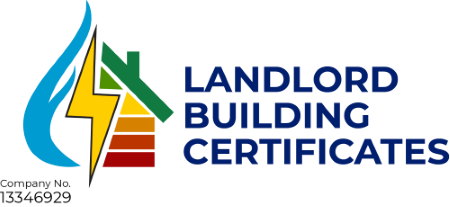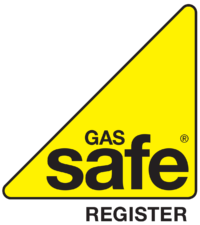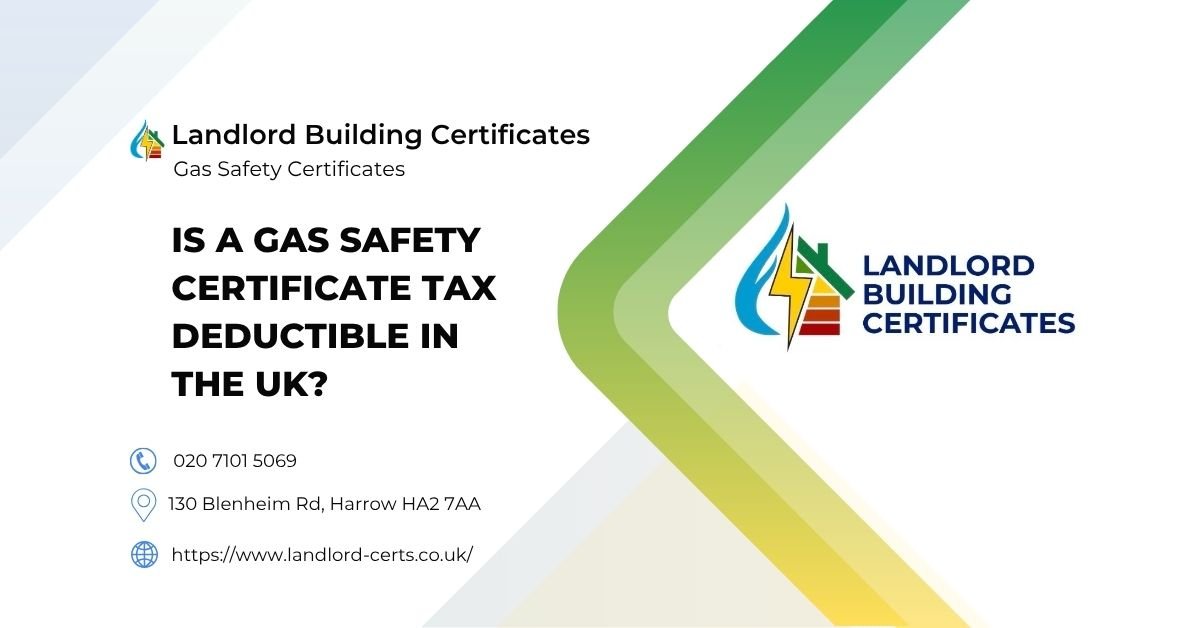Is a gas safety certificate tax deductible in the UK?
Yes, landlords in the UK can usually claim gas safety certificate costs as a tax-deductible expense. HMRC treats this as part of a landlord’s allowable revenue expenses, provided the property is let and the cost is wholly and exclusively for rental purposes. It qualifies as part of the ongoing maintenance and legal responsibilities involved in managing a rental property. These obligations are set out under the Gas Safety (Installation and Use) Regulations 1998 and help landlords meet their duty to provide a safe and compliant home for tenants.
Here's What We Have Covered In This Article
Meeting legal requirements without overspending
If you rent out a property, you’ll know there are rules to follow. One of those is making sure your gas appliances are checked every year by a Gas Safe registered engineer. After the check, you receive a gas safety certificate. While this is a legal obligation, what often gets missed is that it may also reduce your tax bill. This guide explains when the certificate qualifies as a deductible expense and how to claim it properly on your self assessment tax return.
What is a gas safety certificate?
What it covers and why it matters
A gas safety certificate, often referred to as a CP12, is a document issued after a full inspection of the gas installation and appliances in a rented property. This inspection must be done by a Gas Safe registered engineer. It checks gas boilers, gas cookers, and other gas fittings to confirm they are working safely. By law, this inspection must be done every 12 months. The certificate must be provided to tenants either before they move in or within 28 days of the inspection. Keeping this document on file is also important for insurance and legal purposes.
Who is legally required to have one?
Any landlord who lets out a property with gas appliances must ensure they have a valid gas safety certificate in place. This includes individuals who rent out houses or flats, housing associations, managing agents, and commercial landlords. Even if the property is only let for a short period or is vacant for part of the year, the requirement still applies if the gas system is active. Failure to comply can result in penalties and can invalidate insurance policies.
Gas safety certificate costs
What landlords typically pay in 2025
The price of a gas safety inspection usually falls between £60 and £120. Ours start from £35 which is one of the cheapest price in London for a gas certificate. This depends on the number of gas appliances, the size of the property, and the location. If the inspection is bundled with a boiler service or involves multiple appliances, the fee may be higher. Engineers may also charge more for weekend or evening appointments, or for properties in higher cost regions like London or the South East.
Factors that affect the final cost
Costs vary based on several practical details:
-
Number of appliances checked during the visit
-
Whether a boiler service is done at the same time
-
Regional differences in labour charges
-
Urgency of the booking or short-notice requests
-
The choice between using an independent engineer or a larger company
These inspection costs are viewed by HMRC as standard operating expenses for a rental property and are therefore usually deductible, provided they are directly linked to an income-generating property.
Is a gas safety certificate tax deductible?
What HMRC says about claiming gas safety costs
According to HMRC guidance, landlords are allowed to claim expenses that are incurred solely for the upkeep and management of rental properties. These are known as revenue expenses. Legal safety checks like gas inspections fall into this category, provided the certificate is tied to a property that is currently let or available for letting. Costs must be necessary and not part of an improvement or upgrade to the property.
Internal links like HMRC’s guidance on property income explain in more detail how allowable expenses work for residential landlords.
Revenue expense versus capital expense
The cost of a gas safety certificate is classed as a revenue expense. That means it relates to the day-to-day running of the property and helps to maintain its legal safety requirements. It is not a capital expense, which would include work that improves the property’s overall value or adds something new to it. Because the certificate is part of regular maintenance and not an improvement, the cost is claimable in the same tax year in which it is paid.
Pro Tip: Time your certificate renewal around your tax year end. This keeps your expenses cleanly allocated and easier to report in your self-assessment.
Book a Certified Gas Safety Check Today
Stay legally compliant and protect your tenants with a qualified inspection.
How to claim gas safety certificate costs on your tax return
Recording the expense correctly
If you complete your own tax return, you will enter the cost of the gas safety certificate under allowable expenses in the property income section of your self assessment. If you use accounting software, list it under maintenance or safety compliance costs. For landlords with an accountant, make sure you pass on a copy of the invoice and proof of payment. The expense must match the correct tax year and be supported by records.
Keeping proper documentation
Keep a clear record of:
-
The invoice from the Gas Safe engineer
-
The certificate itself
-
Payment confirmation, such as a bank transaction or receipt
You should keep these records for at least six years. This is the period HMRC can request to see supporting evidence if they review your accounts.
Common mistakes to avoid when claiming
Mixing up types of expenses
It is easy to confuse repairs and maintenance with capital improvements. For example, replacing a faulty boiler with a similar model is usually classed as a repair. Upgrading to a new system that adds features or increases property value could be seen as an improvement. Only maintenance and safety work related to the existing structure or fittings qualifies as a deductible expense in the year it is paid.
Not keeping receipts or proof
Claiming without documentation is one of the most common reasons deductions are denied. Always keep your paperwork in order. Using a digital filing system or landlord accounting tool can help keep things organised and ready if needed.
Bundle Your Certificates and Save Time
Get your CP12, electrical, and energy certificates done in one visit. Save time and simplify compliance.
When gas safety certificates are not tax deductible
Pre-letting checks on an unlisted property
If you have a gas safety check carried out before the property is available for rent or before it is listed to let, the cost may be considered a capital expense. In this case, you may not be able to claim it as part of your regular property income expenses.
Times when the property is not let
If the certificate relates to a period when the property is not being rented and is not available to rent, HMRC may decide the cost is not linked to earning rental income. Timing is important when it comes to claiming expenses. Make sure your certificate date matches a rental period or an actively marketed letting period.
Should landlords get help from an accountant?
When professional advice makes sense
Managing one or two properties may feel straightforward enough to handle on your own. However, as your portfolio grows, your financial records become more detailed. An accountant who specialises in property tax can help make sure you are claiming everything you are entitled to. They can also advise you on which expenses qualify and help avoid mistakes that lead to penalties.
FAQs about gas certificates and tax
Can I claim the certificate for a property I live in? No. If the property is your main home and not rented, you cannot claim the cost as an expense.
What if my tenant arranged the inspection? You can only claim the cost if you paid for it. The deduction must reflect your own financial outlay.
Can I claim the cost as part of a boiler service? Yes, if the service includes the gas safety check and the property is let or available for letting.
Do I need to renew the certificate every year? Yes. A valid certificate must be renewed annually to stay compliant with legal safety standards.
Is it better to use an accountant or do it myself? If your tax situation is simple and you are confident with numbers, you can do it yourself. If you are unsure, have multiple properties, or want to make sure nothing is missed, a professional can save you time and risk.
Final thoughts
A gas safety certificate is a legal requirement for any rented property in the UK that has gas appliances. The cost of getting this certificate is usually an allowable expense and can be deducted from your rental income when you complete your tax return. By keeping good records and understanding the rules, landlords can meet their obligations and reduce their tax bill at the same time. If in doubt, it is always a good idea to speak to someone who specialises in property tax to get it right the first time.



